Studies find that telehealth is beneficial for individuals of all ages, and more providers are offering telehealth services.

Stay updated on the rapidly-growing virtual telehealth care industry.

Studies find that telehealth is beneficial for individuals of all ages, and more providers are offering telehealth services.
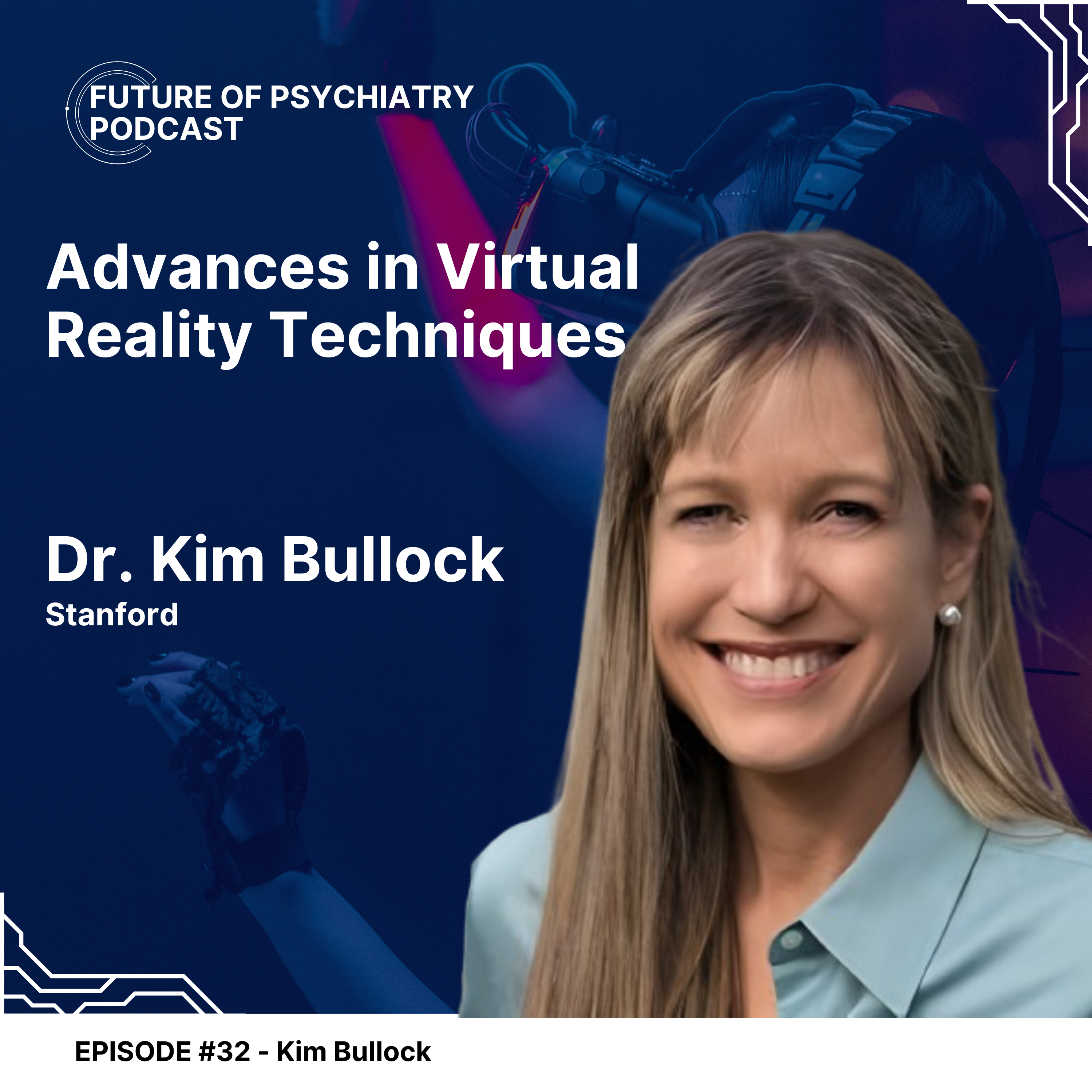
Virtual Reality (VR) is highlighted as a significant advancement in mental health, with specialists discussing its innovative applications in treating psychiatric conditions like phobias, addiction, eating disorders, and functional disorders. The conversation explores VR’s potential to transform implicit biases, alter body image perception, and facilitate cognitive enhancement. It emphasizes the importance of robust research, the adoption of industry-standard guidelines, and clinicians’ active participation in shaping VR’s future in Psychiatry, showcasing the technology’s expansive possibilities beyond therapy.
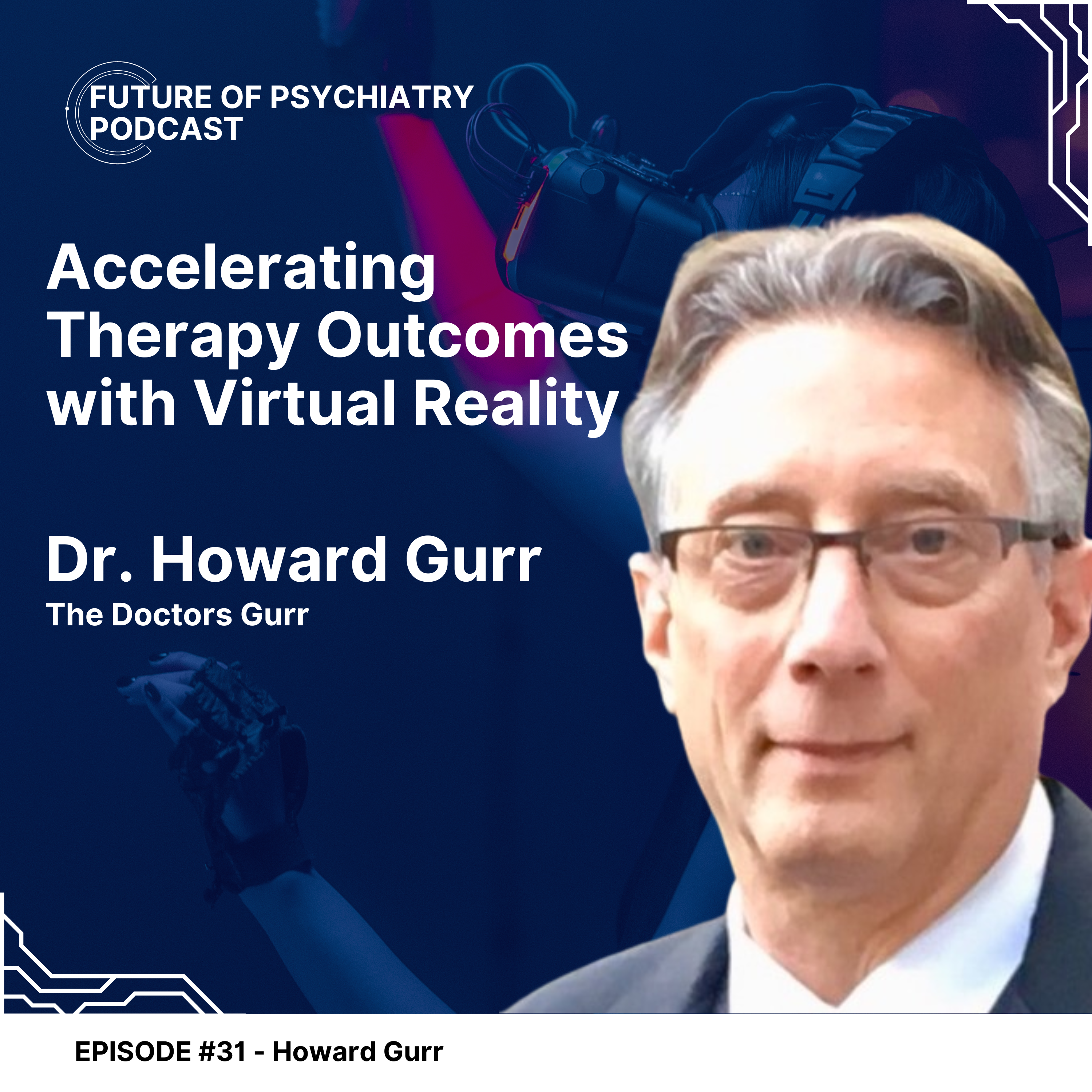
Review VR’s benefits in speeding up therapy, overcoming traditional therapy limitations, and improving patient compliance. Dr. Gurr shares insights on VR’s risks, its future in clinical practice, and its use in treating social anxiety, autism, and pain management. This episode is essential for professionals looking to incorporate technology into mental health treatments.

Therapy is essential for anxiety in our fast-paced and stressful society because it provides a safe and supportive environment for individuals to explore and understand the root causes of an issue. It offers effective coping strategies tailored to their specific...

Limitations and risks associated with prescribing psychiatric medication to a new patient through asynchronous telehealth.

Acceptance and Commitment Therapy (ACT) is a phenomenal way to help manage anxiety. Learn Dr. Bassi’s techniques to use ACT to treat anxiety.
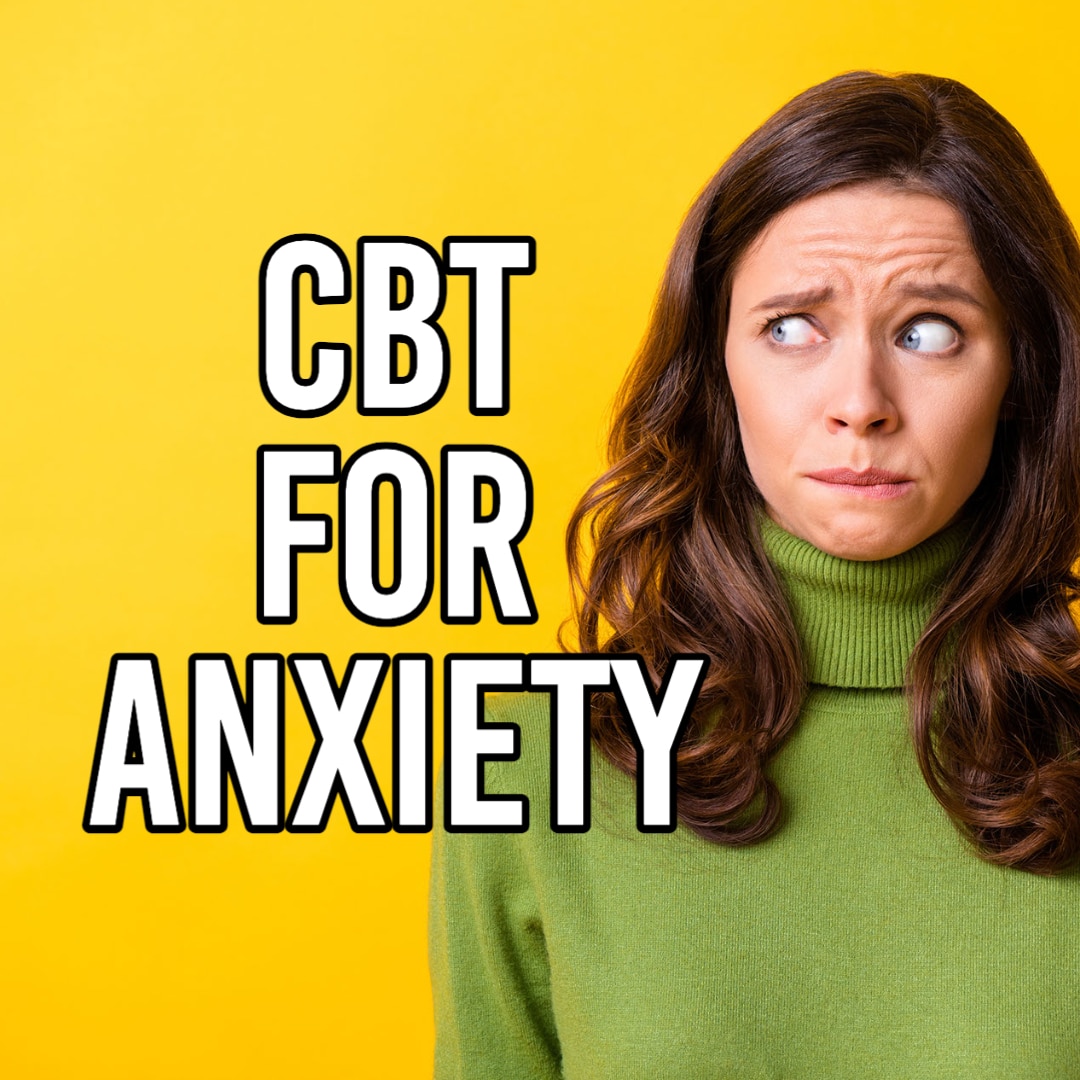
CBT aims to stop harmful thought patterns that negatively impact emotions. It is effective for treatment of anxiety.

Consider why it’s important to find your niche, have clear policies, set boundaries, and embrace business aspects of private practice ownership.
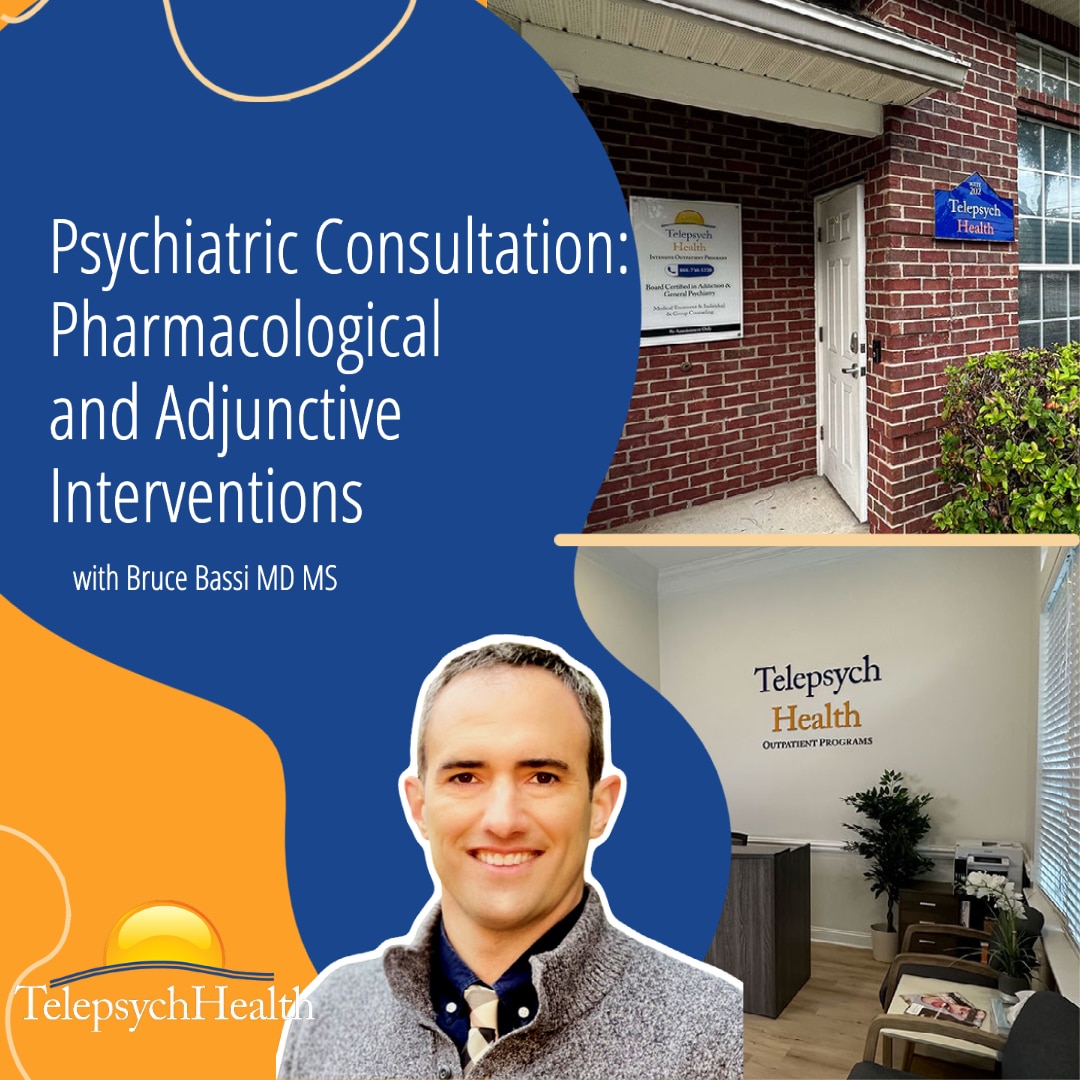
When should you bring up meds, and how should you bring it up? What should you know about medications and what are common side effects?

Understand your strengths and weakness, build an excellent team, and utilize your resources, to build your most ideal practice.
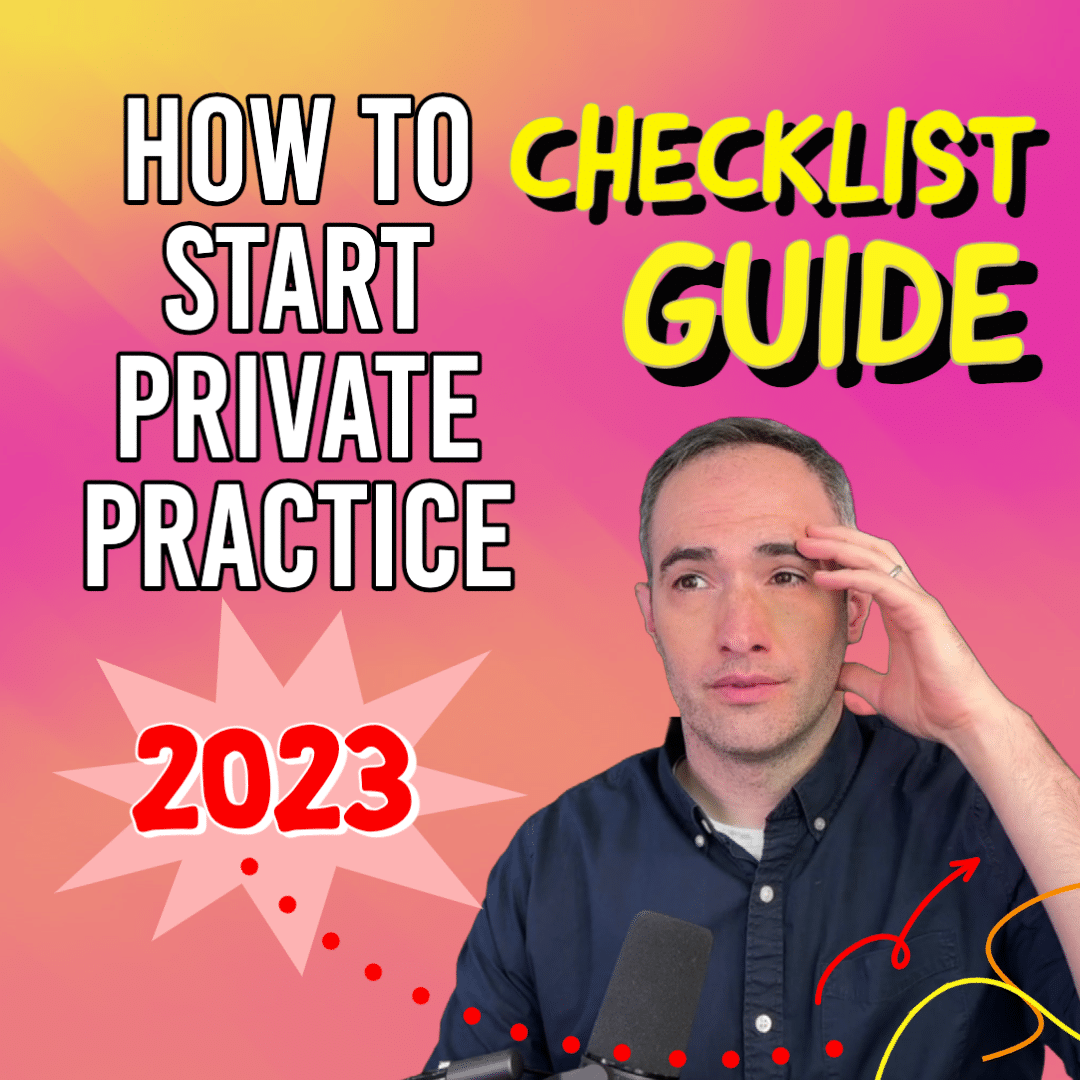
Ultimate guide in launching your private practice completely from scratch in 2023, covering your business plan, finances, insurance, marketing.
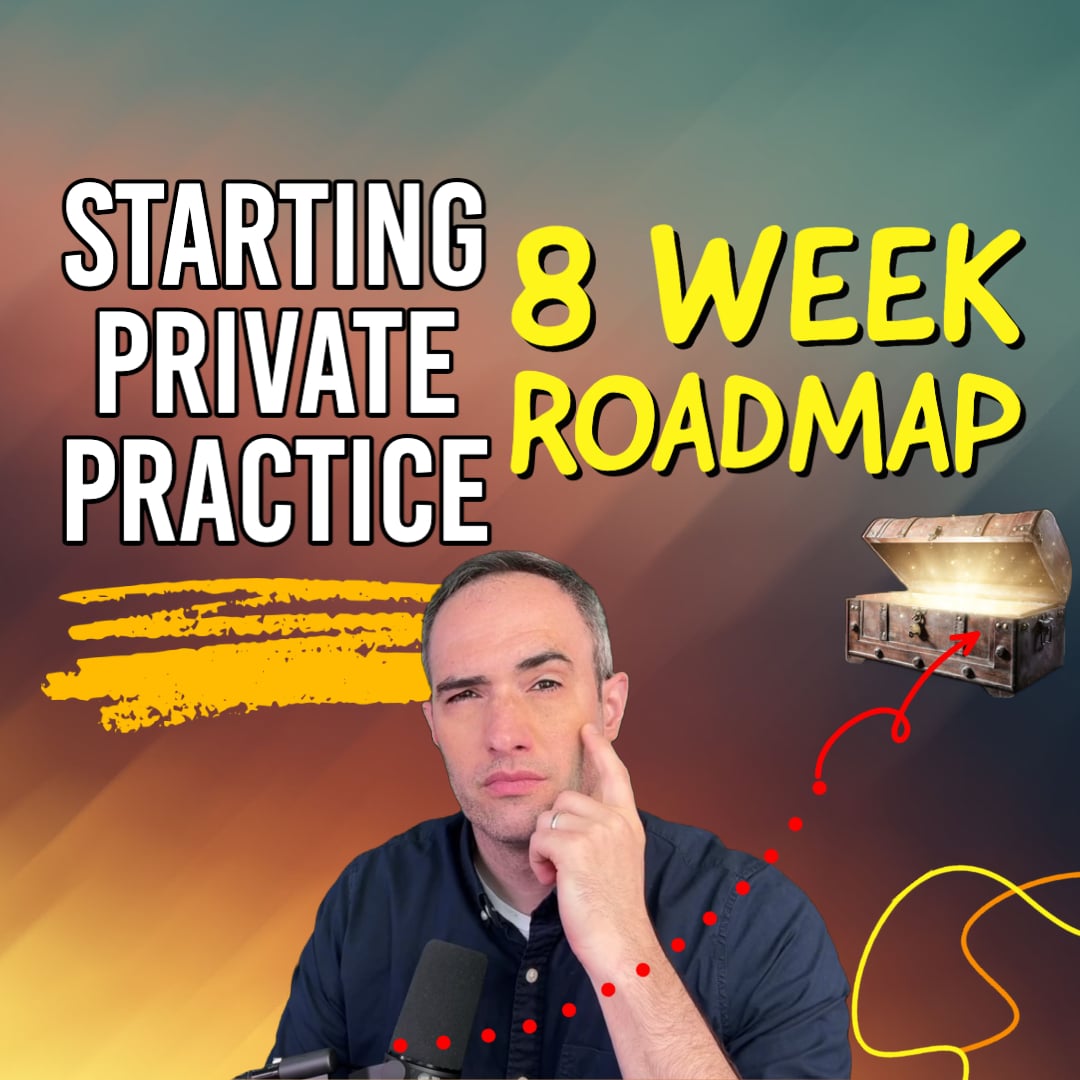
Private practice owner, Dr. Bassi, explains what you need to do in the first 8 weeks before you can start seeing patients.
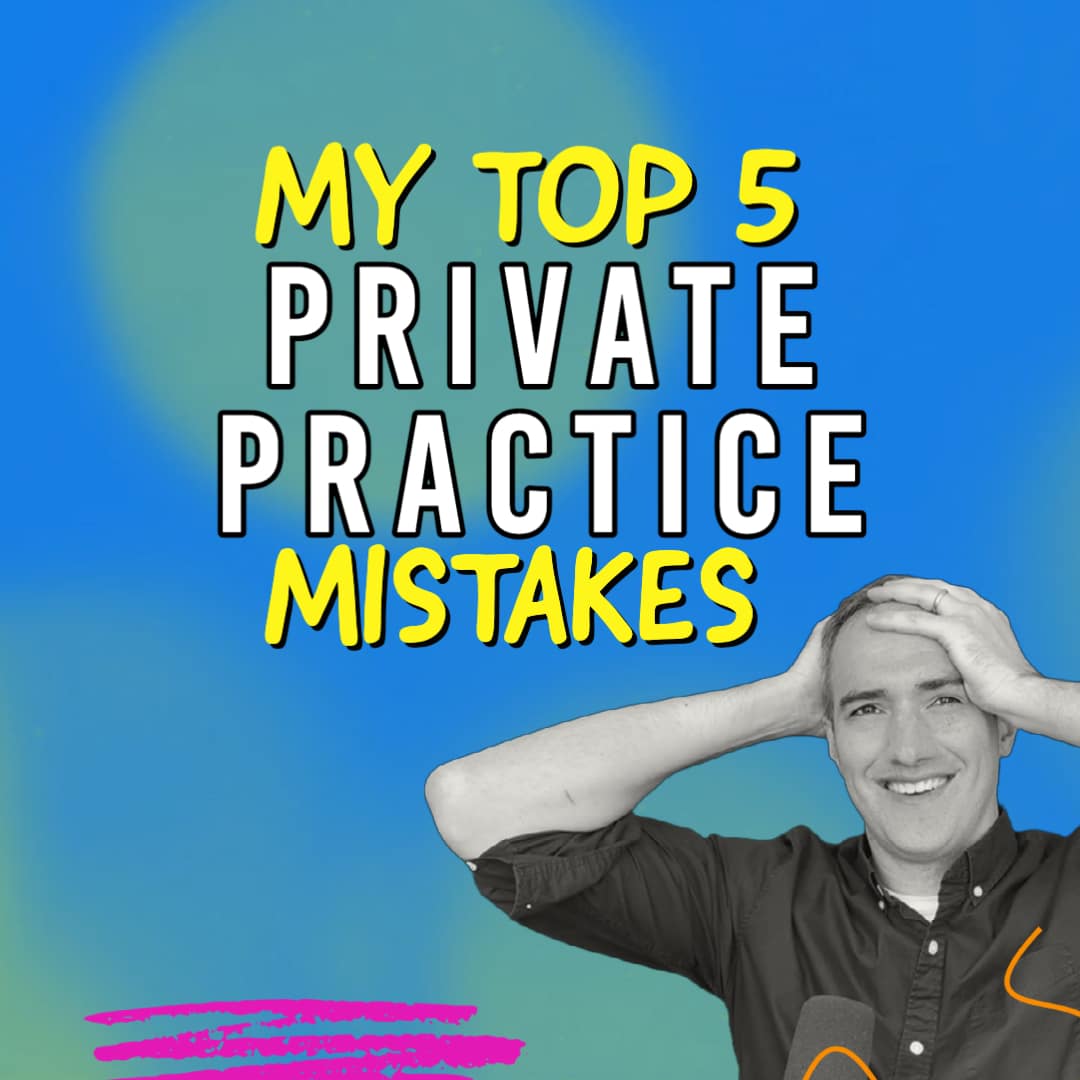
What are the top 5 mistakes I’ve made? Watch this video to hear my mistakes and how to avoid them.
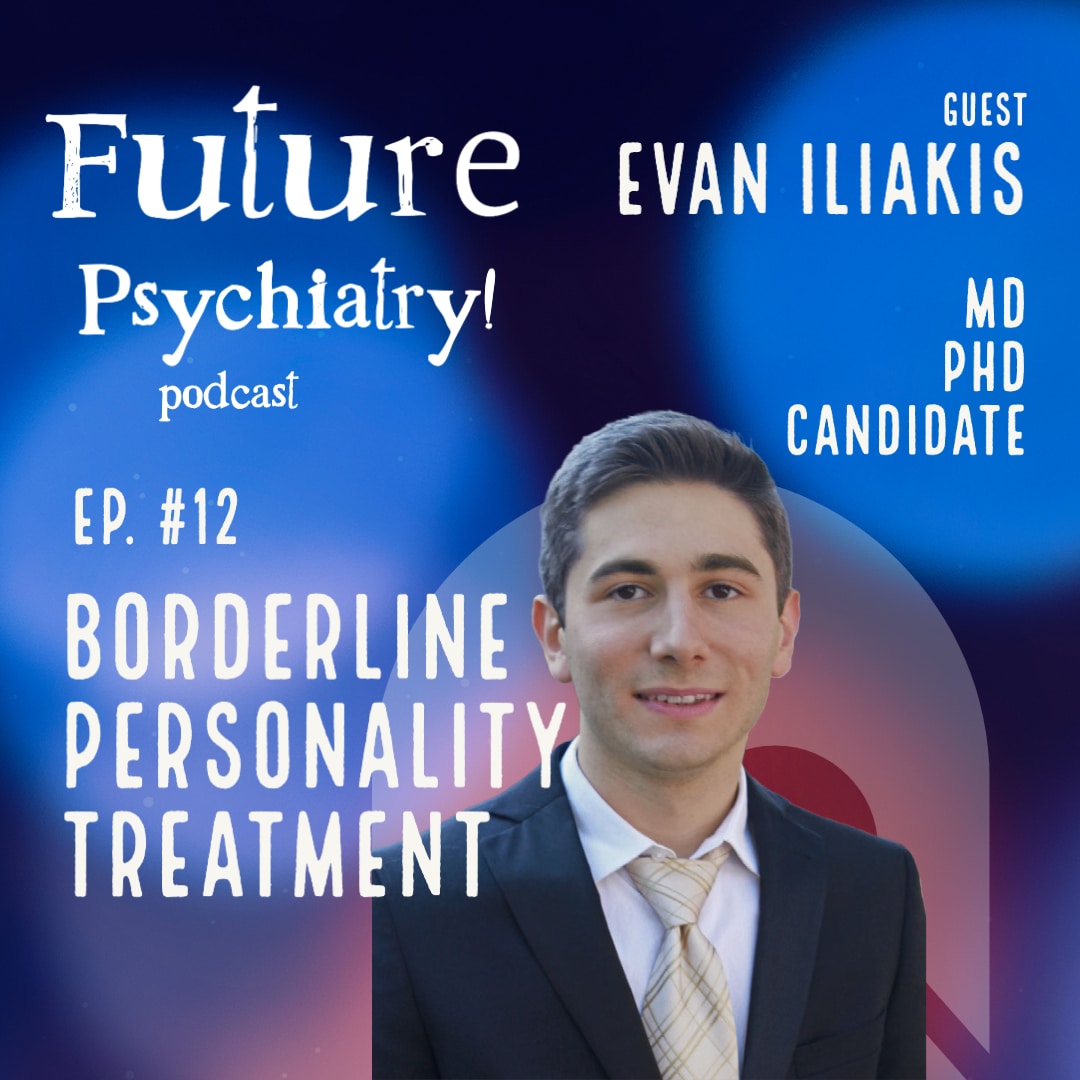
Discussion on a very effective borderline personality disorder treatment Good Psychiatric Management, as well as exploration on stigma and course.
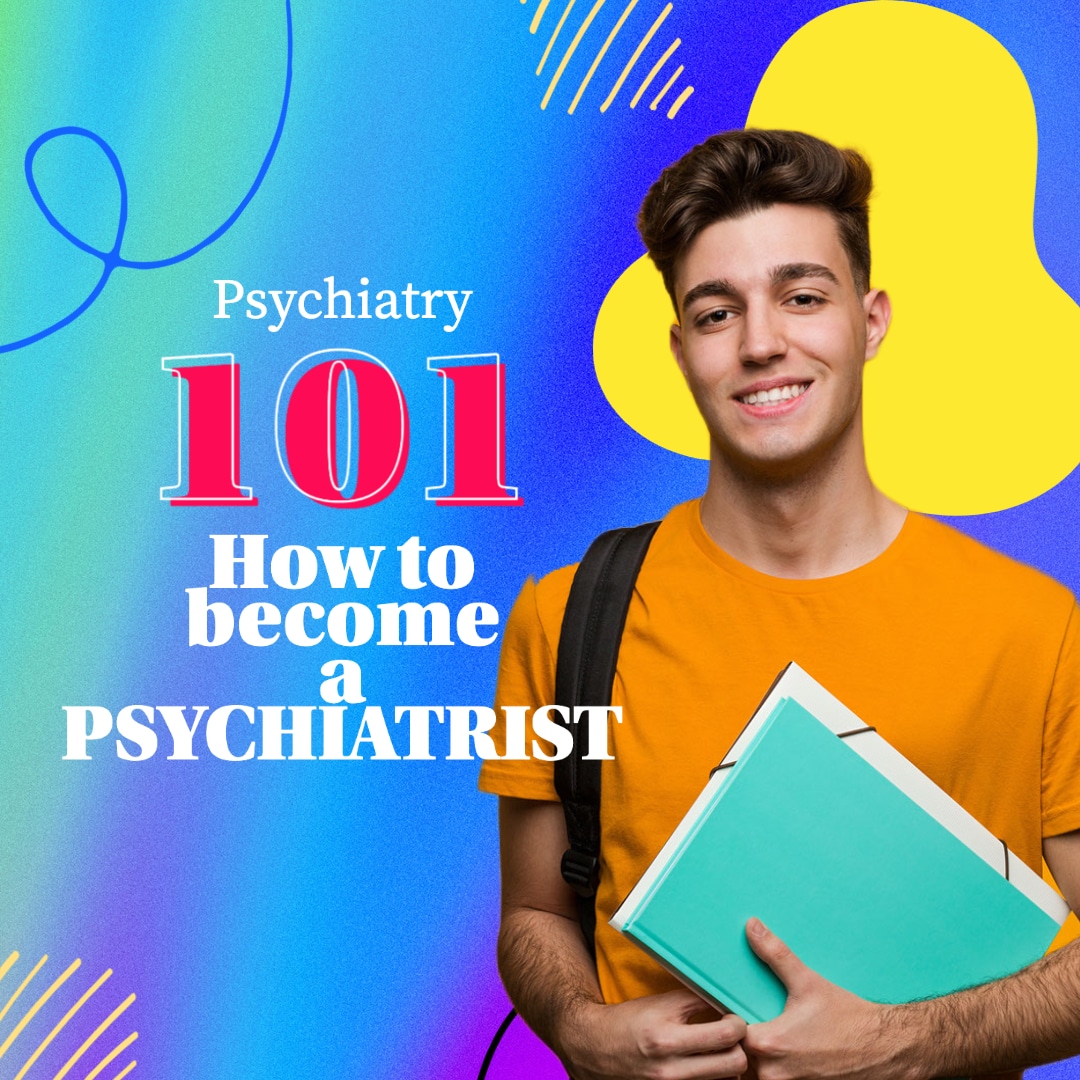
To become a psychiatrist, you must first complete medical school, then complete psychiatry residency. It is important to have clinical experiences in psychiatry.